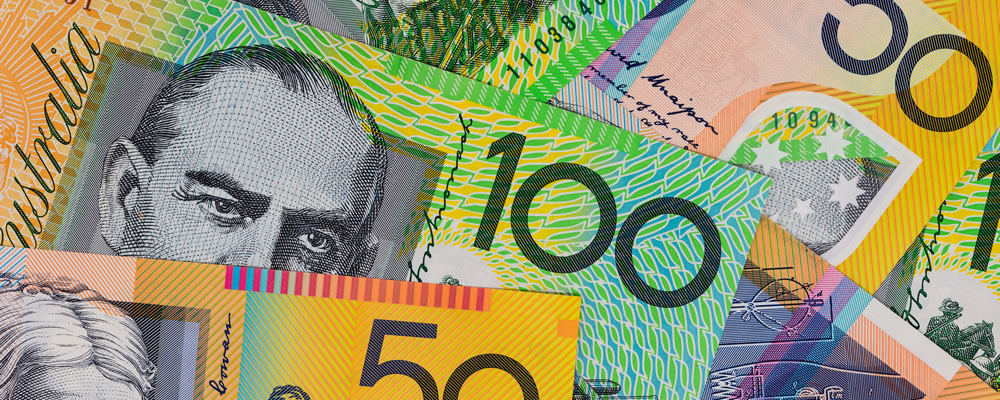Greater Australian Dollar Strength Prevents Euro Rise after German Unemployment Drops
The Euro to Australian Dollar (EUR/AUD) exchange rate has fallen slightly today, despite there being highly positive economic data out of the Eurozone.
This news has come from Germany, where the national unemployment rate has been reported to have fallen from 5.4% to 5.3% in March.
This puts the jobless rate at the lowest level in 28 years, since Germany was reunified in 1990.
An additional bonus has been the fact that unemployment has steadily and continuously declined since 2013.
While the German jobs data has been largely positive, the downside to lower unemployment is that employers may find it harder to recruit ideal employees.
Looking further back, despite the recent EUR/AUD dip the Euro is trading near its best level against the Australian Dollar since 2015.
Australian Dollar to Euro Exchange Rate (AUD/EUR) Rises after Higher-than-Expected Private Sector Credit Growth
The Australian Dollar’s minimal advance against the Euro today has been bad news for EUR traders, but put into context this is the start of a long recovery for the AUD.
The Australian Dollar to Euro exchange rate is currently near its worst level since September 2015, which makes the AUD a less-than-ideal currency in that light.
The latest AU data has shown greater-than-expected growth in private sector credit levels in February, from 0.2% to 0.4%.
Even this news came with a caveat, however, as Westpac Bank Research Analyst Andrew Hanlan pointed out;
‘Credit grew by 0.4% in February, following an insipid 0.2% increase in January (revised lower from 0.3%). The monthly average pace in Q4 was 0.4%.
Annual credit growth is 4.9% currently, unchanged from the outcome for 2017, but representing a slowing from a 5.6% increase in 2016.
The key themes are: a trend slowing in housing credit, led by investors, in response to tighter lending conditions; and business credit volatility around a modest uptrend’.
Euro to Australian Dollar Exchange Rate Forecast: Chance of EUR/AUD Recovery on German Inflation Data
The Euro may be able to stage a recovery against the Australian Dollar in the near-term, when German inflation rate estimates come out this afternoon.
The initial readings are tipped to show an upgrade on previous figures, from 1.4% to 1.7% on the year.
The month-on-month reading, by contrast, is predicted to remain at 0.5%.
Higher annual inflation in Germany could mean that overall Eurozone inflation rises, which will in turn raise the chances of European Central Bank (ECB) action.
Euro traders have long been waiting for inflation to reach the ECB’s 2% target, so any signs of price acceleration in Germany could boost the EUR.
Looking further ahead, the Australian Dollar could be affected in the near-term by a Reserve Bank of Australia (RBA) meeting on 3rd April and trade data out on 5th April.
The Australian central bank isn’t expected to adjust interest rates, but policymakers could still raise AUD demand if they forecast improving economic conditions.
The trade balance reading could erase any initial Australian Dollar gains next week, however, if it shows a forecast-matching shrink of the current trade surplus.



